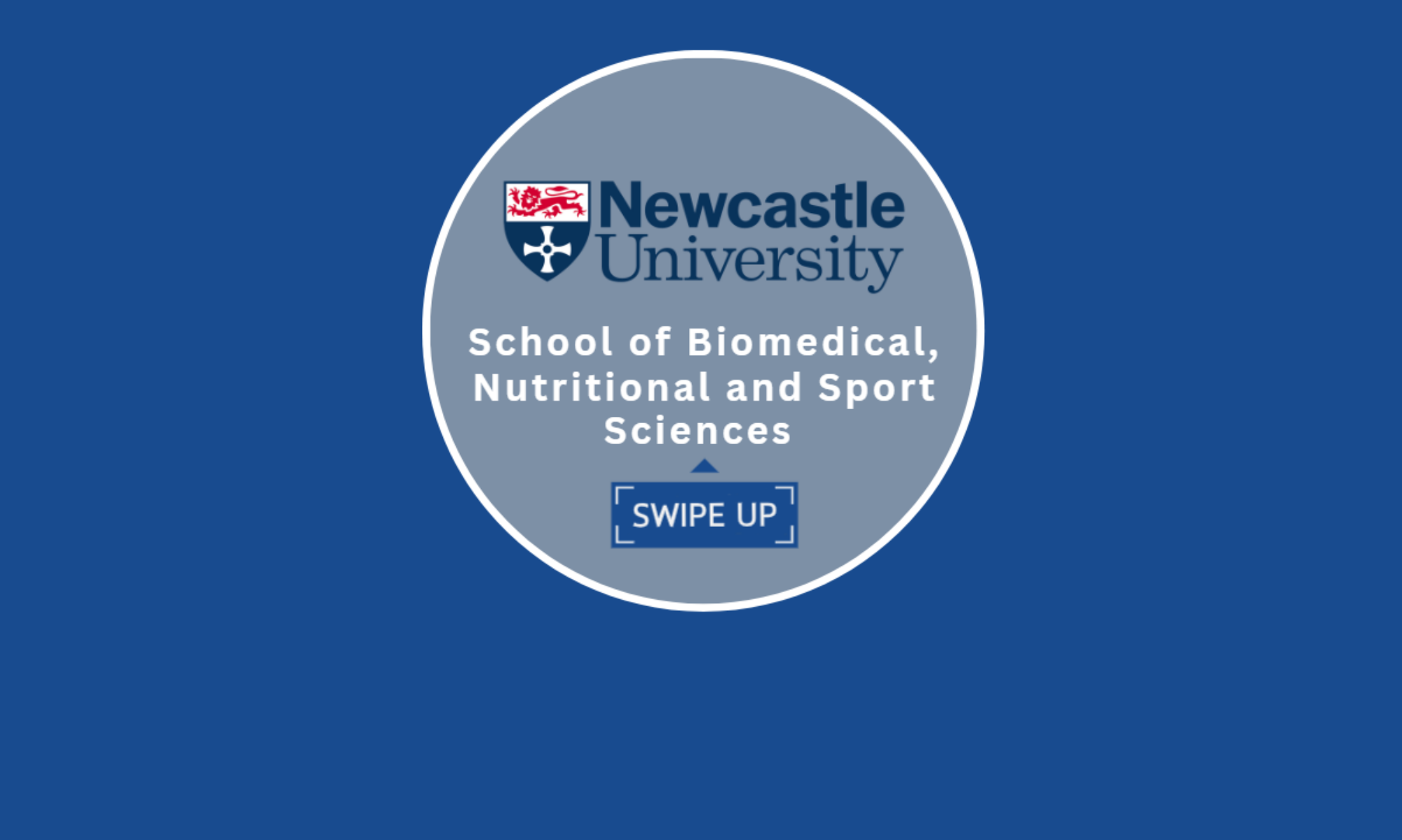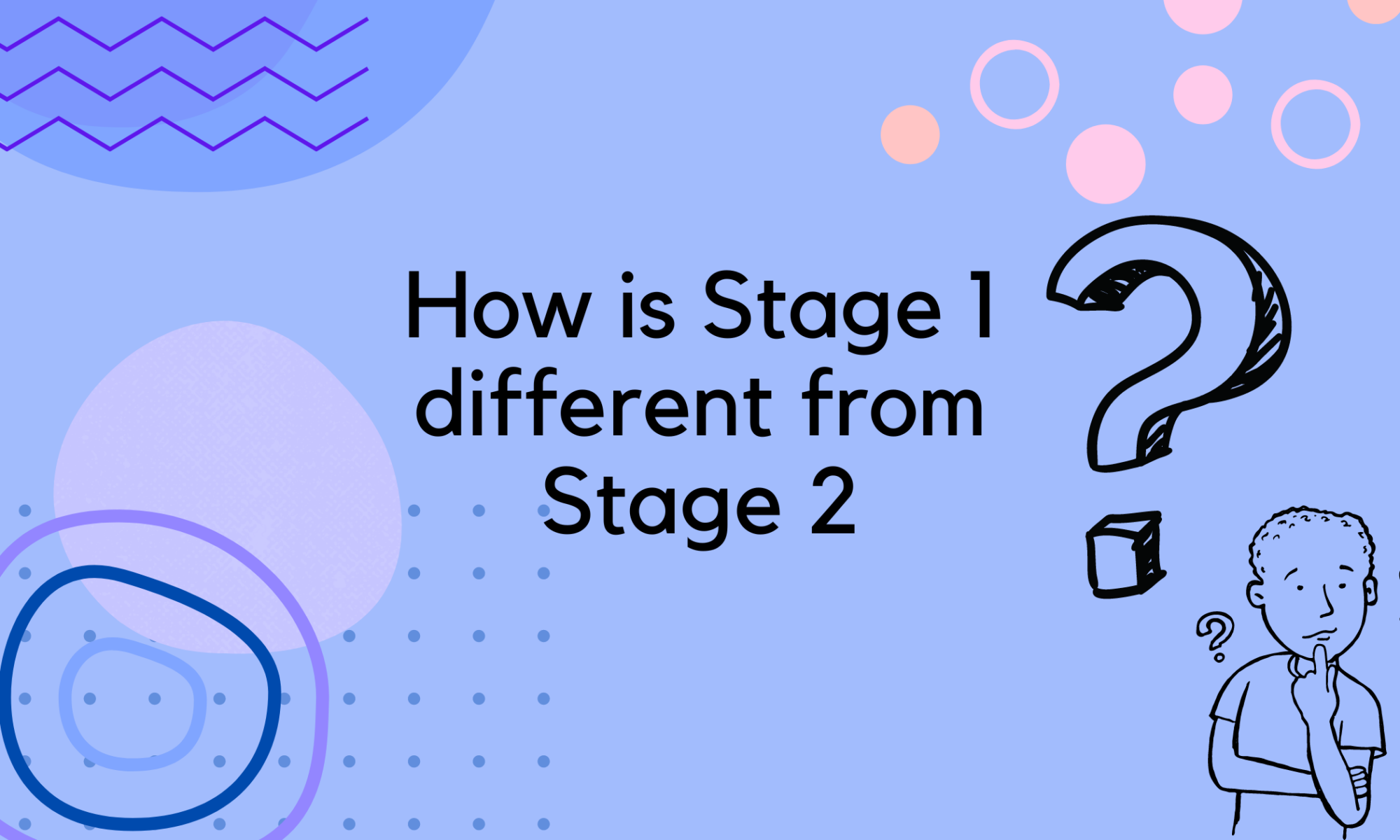By Caroline Elaine
Hello everyone, my name is Caroline, I am a BSc. Biomedical Sciences student. I have finally begun stage 2 of my course after spending a year in Newcastle adjusting to a new life, making new friends, and doing other bits and pieces. The seminars, lab practicals, and lectures have been ongoing for more than two months now.
So I figured it’d be a good time to evaluate the differences between stage 1 and stage 2.
Modules
When I began my second year I noticed that we finally have a module that is specific to our course. It’s called Cell Biology and Disease (BMS2002) and is specifically targeted at students majoring in biomedical sciences. Other majors have their own specific module too.

We also have 4 modules for semester 1 in stage 2, but the differences are that every module has its own lectures which are different from stage 1 where only 3 modules had lectures and one module, CMB1005, is solely for the practicals.
Which leads me on to my next point…
Timetables and Attendance
I kind of expected this already, but the is so intense compared to the first year. I frequently have 5 lectures in one day, so they usually start at 9 AM and finish at 5 PM. I know it sounds exhausting, but there will be breaks, and you can use these breaks to study or catch up on missed lectures using ReCap. It’s busy but I make sure I attend attend – I’ve already paid a large tuition fee, why not make the most of it! Use the informational resources your lecturers provide you with, check out books from the library, and take notes because, at the end of the day, you are still a student.
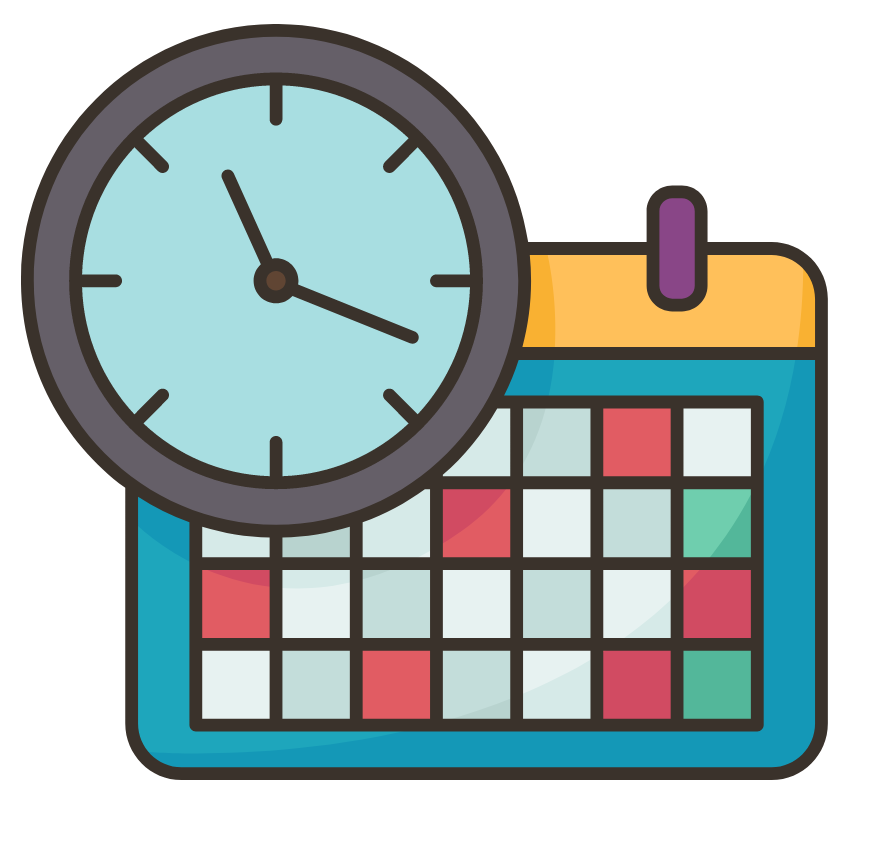
Additionally, the school will track your attendance in stage 2, so don’t forget to scan your card before and after a lecture. If your attendance is less than 80%, don’t be shocked if you receive an email asking you to attend a meeting about it. So, everyone – go to the lectures.
Opportunities
Even though everything in stage 2 seems so exhausting, there are some positive aspects, which are the opportunities that are available for stage 2 students. First off, we can now begin applying for placement positions. They may be summer or year placements. Placement advertisements from large pharmaceutical companies will begin during the first semester, while those from smaller businesses start a little later. You can apply for a wide range of roles, both those based in laboratories and those outside of them.
Don’t worry too much about the application process. Yes – it may be lengthy and challenging, but the university and BMS school will support you! However, keep in mind that you are the one who wants the job, so take more initiative. Visit the company website to learn more about the positions for which you may want to apply and determine whether you are a good fit. Use the career service to have your CV and cover letter reviewed. If you are offered an interview, you can also schedule a session with the career service to prepare for the interview.
If you are interested in doing placement, I really recommend you read some of the placement blogs from the students that had already been in a placement. Click here!
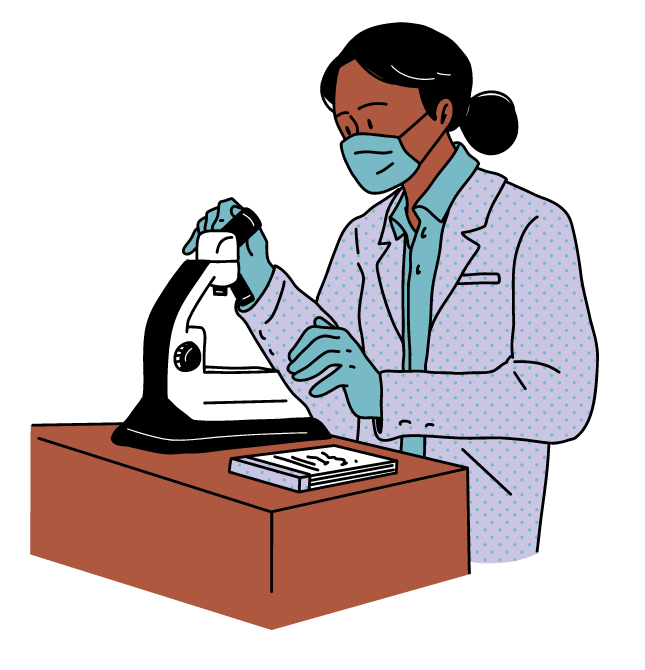
Next, for those wanting paid laboratory experience, the good news is you also can become a lab assistant with an actual researcher (How exciting!!) (>-<). You will receive the advertisements via email and NESS. There will be ongoing research in several different fields, and you must submit a cover letter and your resume to the research leader. Therefore, write a good cover letter and CV, and remember to use the help from the career service. If your cover letter and CV impress the researcher, they will ask you for an interview so they can get to know you better. This is also an opportunity for you to make a good first impression and demonstrate your interest in their research. And hopefully, you will get the role (Good luck!!).
Exams
Sad to say, second-year exams type of questions will be a mixture of everything, unlike first-year exams, which will all be multiple-choice questions. You will still have multiple-choice questions, but they may have both single-best answers or multiple answers. One module will require you to write an essay in the exam room within a set amount of time, so be prepared and bring your pen. Other questions may be fill-in-the-blank questions with relatively short answers.
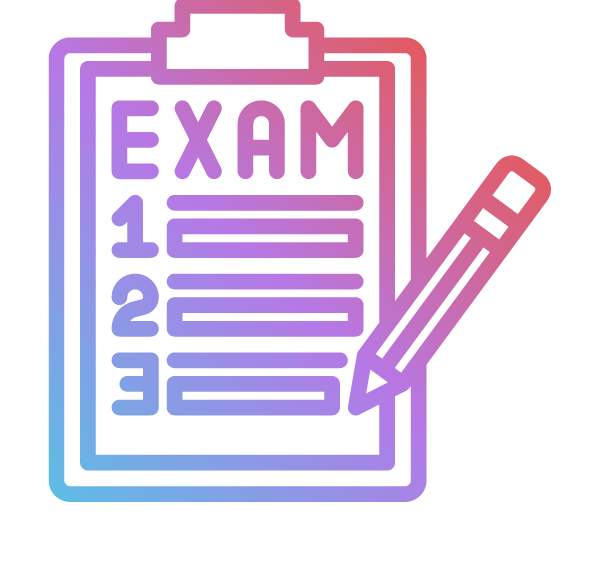
Okay, those are some of the differences I’ve observed after spending almost three months in stage 2. I hope that gives you a bit of insight into what will happen in your second year. Cheers!
